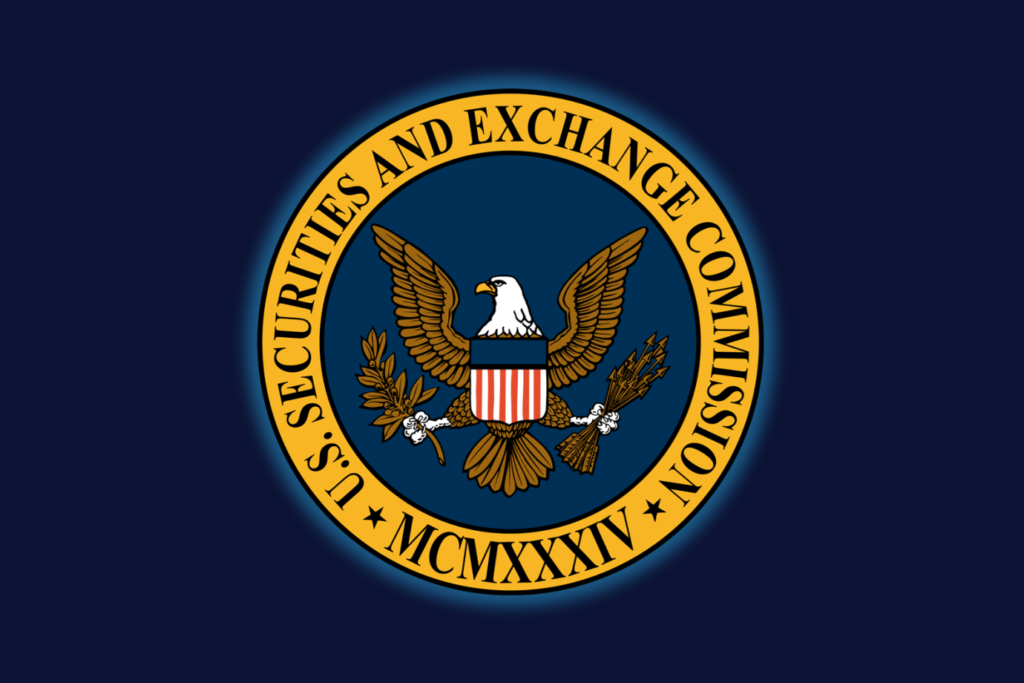The U.S. Securities and Exchange Commission’s cybersecurity incident disclosure rules, implications for compliance, and best practices for responding to a cyberattack.

Cybersecurity incidents are becoming more frequent and severe, posing significant risks to businesses and investors. The U.S. Securities and Exchange Commission (SEC) has issued guidance and enforcement actions to address the disclosure obligations of public companies and regulated entities in the event of a cybersecurity incident. This article provides an overview of the SEC’s cybersecurity incident disclosure rules, their implications for compliance, and some best practices for responding to a cyberattack.
The SEC’s cybersecurity incident disclosure rules are based on the principle that material information that affects the value of a company’s securities or the operations of a regulated entity must be disclosed to investors and the public in a timely and accurate manner. The SEC considers cybersecurity incidents to be material events that may trigger disclosure obligations under the following rules :
The SEC’s cybersecurity incident disclosure rules impose significant compliance obligations and challenges for public companies and regulated entities. Some of the key implications are :

While the SEC’s cybersecurity incident disclosure rules provide a general framework for compliance, they do not prescribe a one-size-fits-all approach for responding to a cyberattack. Each cybersecurity incident is unique and requires a tailored response based on the facts and circumstances. However, some of the best practices for responding to a cyberattack are :
The SEC’s cybersecurity incident disclosure rules are designed to protect investors and the public from the adverse effects of cyberattacks. Public companies and regulated entities must comply with these rules and be prepared to respond to a cyberattack in an effective and responsible manner. By following the best practices outlined in this article, public companies and regulated entities can enhance their cybersecurity posture and reduce their legal and regulatory risks.
Post Tags :

Assess. Measure. Fortify.
Keep Your Assets Safe With Our
Cutting-Edge Cybersecurity Solutions.
Developed by HACKTRONIAN